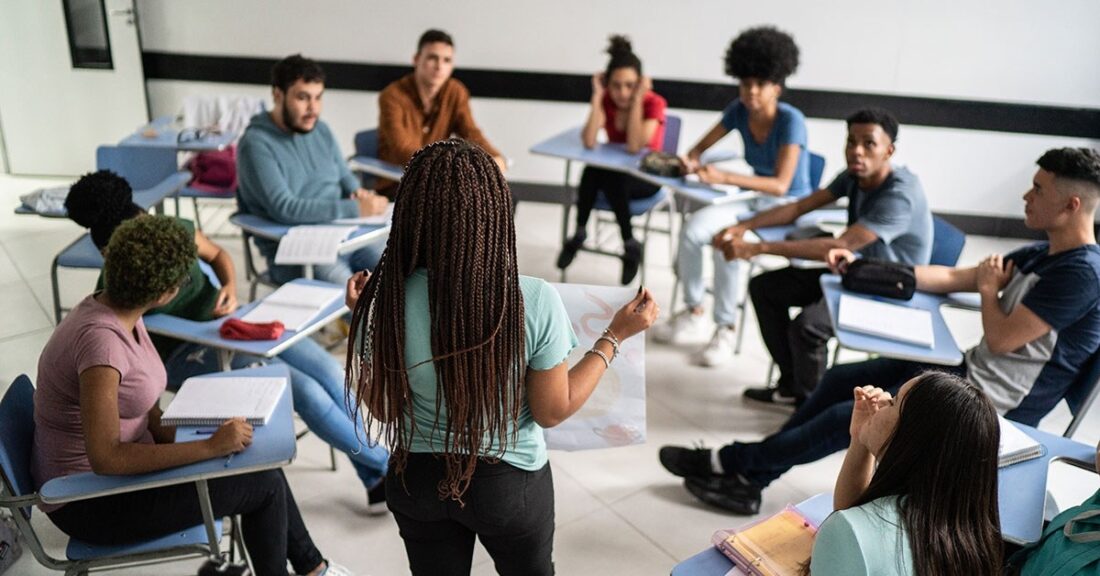A Promising College-Readiness Model for Youth in Foster Care

A new webinar from the Annie E. Casey Foundation shares lessons and findings from a college-readiness effort focusing on youth in foster care.
The session on the Fostering Higher Education model highlights promising strategies used in pilot programs at the Foundation‘s Jim Casey Youth Opportunities Initiative® sites in Georgia and Iowa.
In addition, presenters discuss results from an earlier Fostering Higher Education pilot in Washington state. “There, students increased participation in college- and career-preparation tasks, such as attending information fairs, registering to take admissions-related exams and searching for scholarships,” said Amy Salazar, assistant professor at Washington State University and a developer of the model.
Webinar panelists include:
- Maddy Day, proprietor, Maddy Day LLC & Associates, and webinar moderator;
- Ilene Berman, senior associate, the Annie E. Casey Foundation;
- Clare Dieter, education advocate and mentor coordinator, Foundation 2; and
- Amina Wellons, LEADS administrator, Multi-Agency Alliance for Children (MAAC).
Implementing a College-Readiness Program
“The fields of child welfare and college readiness need promising practices based on evidence to support young people in foster care who want to attend college,” said Catherine Lester, associate director of the Casey Foundation’s Family Well-Being Strategy Group. “The Fostering Higher Education research helps identify what works and can be replicated.”
During the implementation of Fostering Higher Education at the Youth Policy Institute of Iowa and MAAC in Georgia, students meet with education advocates while they explore college options and apply for admission and financial aid. The program support continues during the first year of college.
The Fostering Higher Education curriculum encourages students to set goals for navigating six common obstacles to college success:
- relationships;
- lack of sleep;
- stress and mental health issues;
- physical health concerns;
- financial challenges; and
- alcohol and drug misuse.
“In addition to addressing students’ basic needs, it’s essential to learn their interests and cultivate excitement about postsecondary opportunities,” said Wellons of MAAC, based in Atlanta. “You take them out into the community, and they speak with people who are doing those things, preferably people who look like them, preferably people who are supportive of them in what their interests are. Hope and exposure have really helped to transition our youth out of survival mode and into ‘I can absolutely do this.’”





